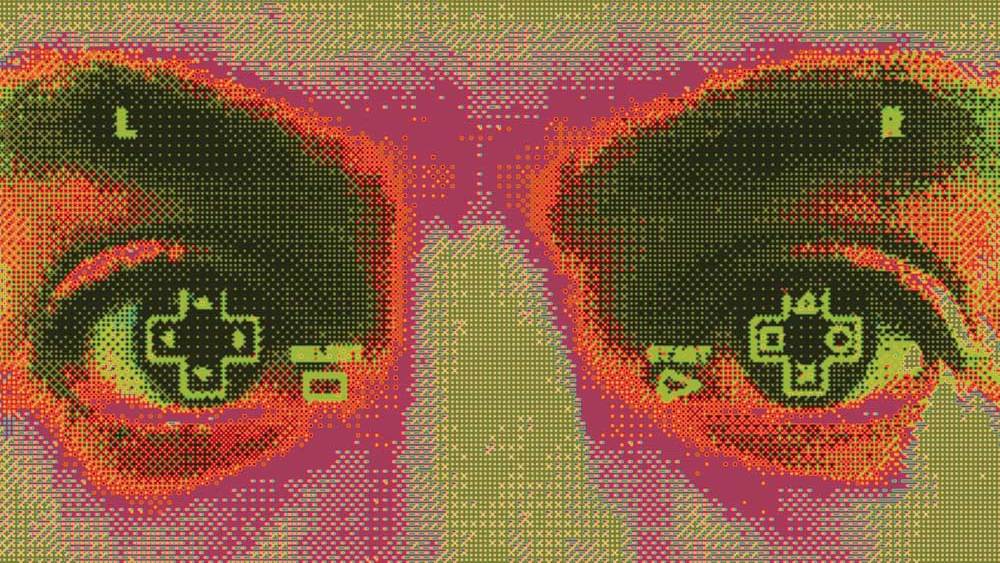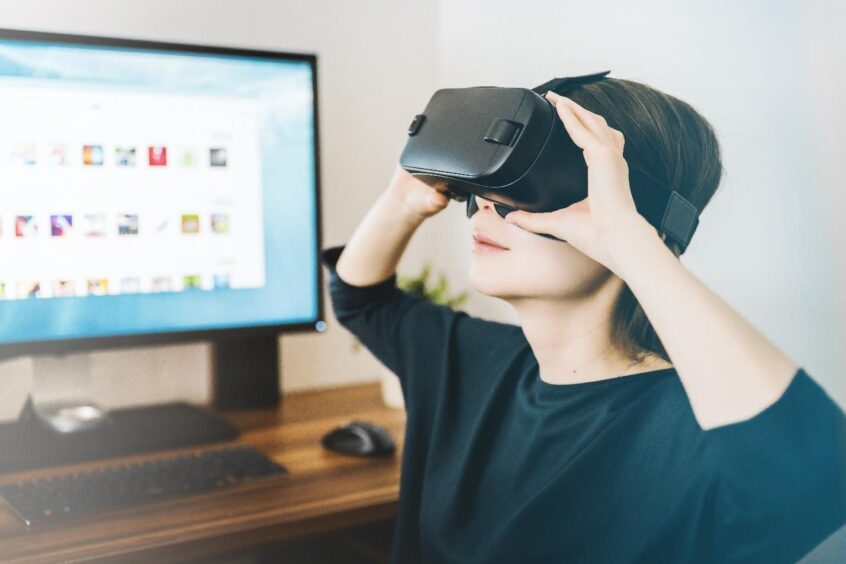Most parents swear that video games are nothing more than time-wasters for their kids. Of course, they would be forgiven for thinking that way because no one is happy when their kid spends all day on the couch doing “nothing”. But gaming isn’t exactly a loose-loose phenomenon. If not for anything else, playing video games is advantageous in that it boosts a person’s creative thought process. You cannot bank on gaming to make you or your child super-geniuses, but combining it with other thought-provoking activities can for sure add a little more creativity to your genius. And that fact is pretty straightforward because gaming requires lots of critical thinking; it isn’t as passive as watching TV.
Creating Games with Raspberry Pi
Gaming boosts creativity in kids in many ways and creating video games with Raspberry Pi 4 tops the list. If you don’t like it when your child spends too much time playing games passively, challenge them to create their own games from scratch using the Pi. The Raspberrian OS comes already installed with Scratch, a visual programming language that makes it effortless for kids to create the basic logic of a video game. The process can be as simple as dragging and dropping basic elements of a game, or it can be complex depending on your child’s age and gaming expertise. With experience, and your help, the kid will eventually be able to expand the games they create beyond the screen. They will be able to control a range of motors, speakers, and lights that can be interconnected through the Pi’s General-Purpose Input-Output pins. Such experiences are a lot of fun but they offer kids unparalleled educational benefits.
Gaming, Perseverance, and Creativity

As you’d know, winning isn’t guaranteed in video games. You have to fail at some point, get frustrated to the point of wanting to quit, but then due to the passion you have for the game and the joy that comes with qualifying for higher levels, you keep going until you succeed. It is this resilience that enables gamers to try, fail, and still have the creativity and confidence to keep exploring different options. Gamers take every failure under their belt and learn something new with every attempt. At every turn, they learn small secrets and tricks that eventually propel them to victory. All these are important skills that can complement your creativity when confronted with real-life challenges.
The Role of Gaming in Education
In fact, gaming is already being utilized in educational institutions to help learners sharpen their creative thinking skills. Phone math games, for example, enable learners to think outside the box and to follow mathematical rules and processes. Games like chess, on the other hand, may in essence not be educational games but they equip learners with reasoning and logic skills that they can apply when answering questions in exams.

The role of gaming in education can also be traced to how small wins in video games can build students’ self-confidence which is needed when it comes to exam revisions. Games also liven up teaching methods, which are known to be mostly dull and boring, and encourage even the weakest learners to participate in class. The raised engagement levels in the classroom help students memorize the critical points that they need not just in their examinations but also in handling real-world challenges. What’s more, gaming gives kids the incentive they need to get invested in visual and computer literacy, something they need for today’s labor market.
The Influence of Gaming on Cognitive Processes
The process of idea creation, the processes that enable human beings to analyze and process information, can be influenced by gaming. This is because the nature of how people respond and react to situations aligns closely with gaming, particularly alternate reality games and live-action role play (LARP). Think of alternate reality games, for example, You get to play and act like yourself, but the reality around your gaming character keeps shifting. You have to constantly think about what every reality shift would mean for your character. That gets you in tune with your signals of change. In a live-action role-play, on the other hand, the players’ character and roles keep changing, but the reality around the character mostly remains unchanged. It is more like getting the ability to step out of yourself and assess your situation from the outside of you. You get to explore your previous characters and the reality around them from the perspective of a totally different character. This unique blend of forthrightness and duality of character can greatly and positively influence an individual’s cognitive process.
Final thought
One thing is for sure: Gaming can help players develop brain energy and improve their dopamine levels. This energy can be harnessed to not only creative thinking but also to other educational and career-enhancing activities.
If you enjoy games and gaming and want more NEWS from the Gaming World Click Here








You must be logged in to post a comment.